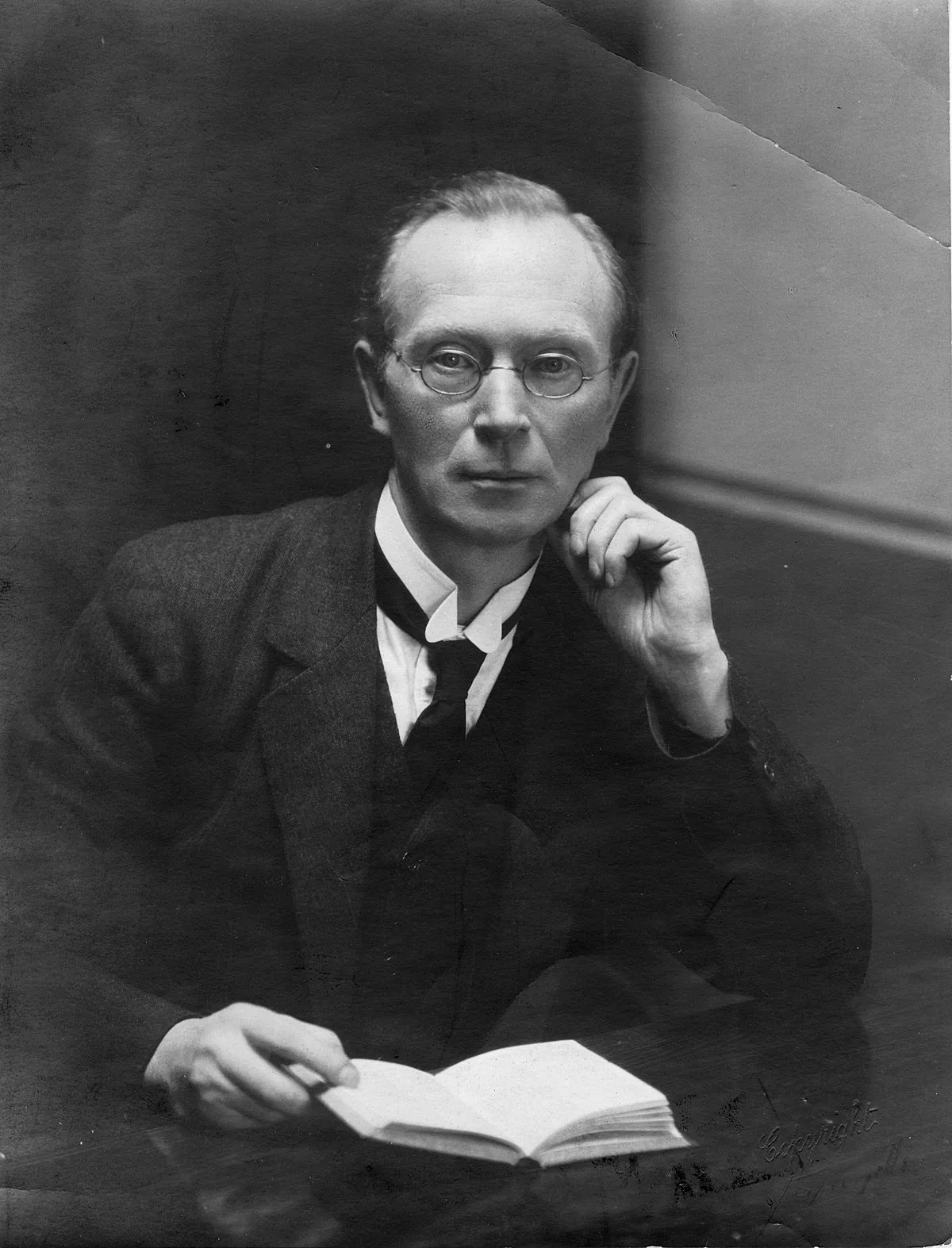 1.
1. Eoin MacNeill was an Irish scholar, Irish language enthusiast, Gaelic revivalist, nationalist, and politician who served as Minister for Education from 1922 to 1925, Ceann Comhairle of Dail Eireann from 1921 to 1922, Minister for Industries 1919 to 1921 and Minister for Finance January 1919 to April 1919.